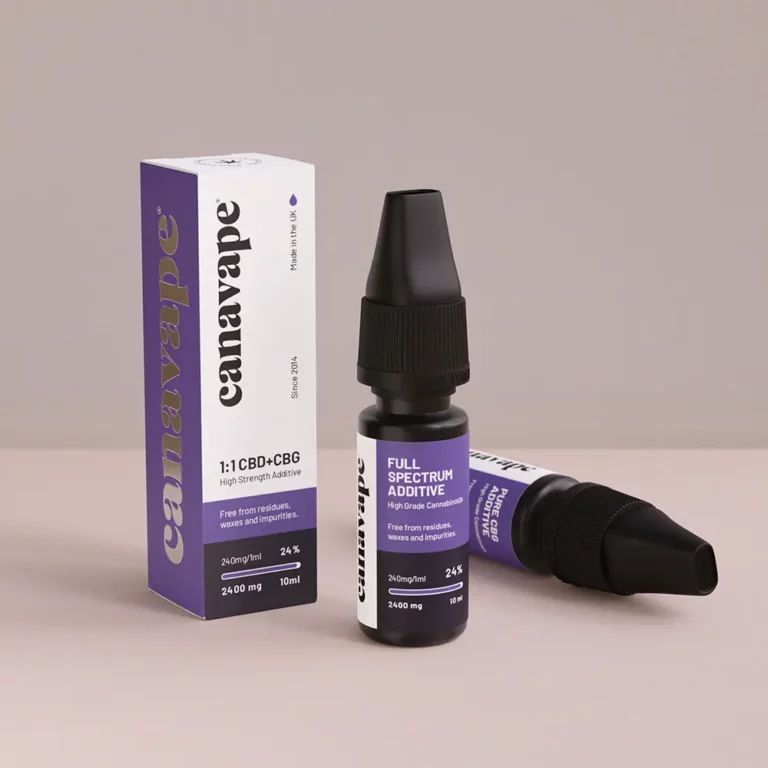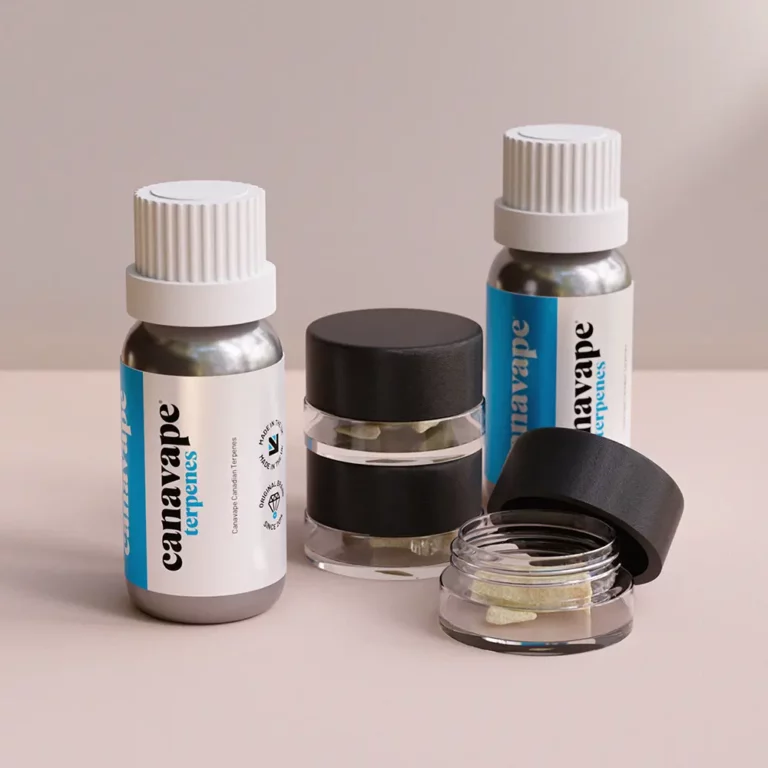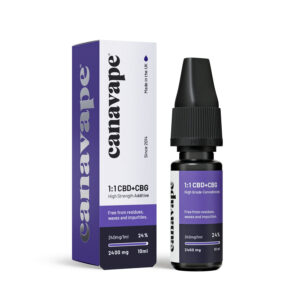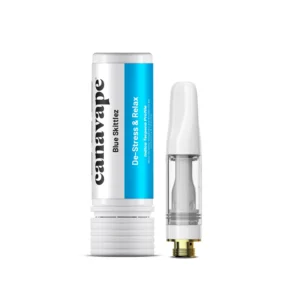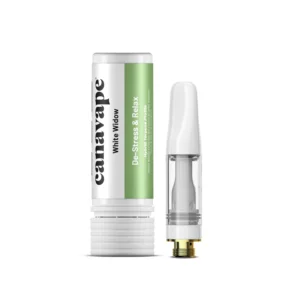Obsessive-Compulsive Disorder (OCD) is a mental health condition characterized by intrusive thoughts (obsessions) and repetitive behaviors (compulsions). It affects millions of people worldwide, causing distress and impacting their daily lives. While traditional treatment options for OCD include therapy and medication, there is growing interest in alternative remedies like CBD oil.
Understanding CBD Oil:
CBD, short for cannabidiol, is a natural compound found in the cannabis plant. Unlike its well-known counterpart THC, CBD does not have psychoactive properties, meaning it does not induce a “high” feeling. CBD oil is typically derived from hemp, a variety of cannabis with low THC levels.
The Potential Benefits of CBD Oil for OCD:
Research on the effects of CBD oil on OCD is still in its early stages, but preliminary studies and anecdotal evidence suggest that it may offer potential benefits for individuals with this condition.
1. Anxiety Reduction:
OCD often coexists with anxiety disorders, and CBD has been found to have anxiolytic (anti-anxiety) properties. CBD interacts with the endocannabinoid system in our bodies, which plays a role in regulating anxiety. By modulating the activity of certain receptors, CBD may help reduce anxiety levels, potentially alleviating some of the distress associated with OCD.
2. Sleep Improvement:
Sleep disturbances are common among individuals with OCD. CBD oil has been reported to promote better sleep quality and regulate sleep patterns. By reducing anxiety and promoting relaxation, CBD may help individuals with OCD achieve more restful sleep, which is crucial for overall well-being.
3. Neuroprotective Effects:
OCD is believed to involve abnormalities in brain structure and function. CBD has shown promising neuroprotective effects, potentially aiding in the protection and repair of brain cells. By promoting neurogenesis (the growth of new neurons) and reducing inflammation, CBD may contribute to the overall health of the brain and potentially mitigate some OCD symptoms.
4. Potential Antidepressant Effects:
Depression often accompanies OCD, and CBD has been studied for its potential antidepressant properties. While the exact mechanisms are not fully understood, CBD may influence serotonin receptors in the brain, which play a key role in mood regulation. By modulating serotonin levels, CBD may help alleviate depressive symptoms commonly associated with OCD.
5. Overall Well-being:
Many individuals with OCD experience a diminished quality of life due to the severity of their symptoms. CBD oil’s potential to reduce anxiety, improve sleep, and promote a sense of calmness may contribute to an overall improvement in well-being for those living with OCD.
Conclusion:
While research on CBD oil’s specific effects on OCD is still limited, the existing evidence suggests that it may offer potential benefits for individuals with this condition. CBD’s ability to reduce anxiety, promote better sleep, and potentially influence brain health make it a topic of interest for further investigation. However, it is important to note that CBD should not replace traditional treatment methods for OCD, and individuals should consult with a healthcare professional before incorporating CBD oil into their treatment plan.
At Canavape, we offer a range of high-quality CBD oil products that undergo rigorous testing to ensure their purity and potency. We understand the importance of providing reliable and safe options for individuals seeking alternative remedies. Explore our CBD oil collection and discover the potential benefits it may offer for general wellbeing.



